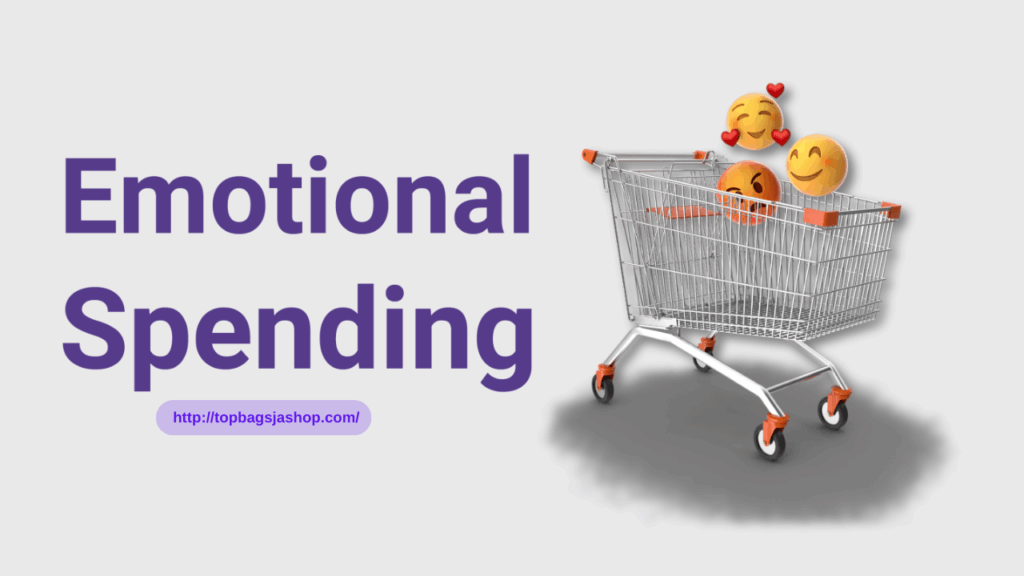
When life feels overwhelming, many people turn to retail therapy as a way to cope. Buying something new can feel like a quick fix for stress, sadness, or boredom. But while shopping may provide a temporary sense of relief, it does not truly address emotional pain. In fact, emotional spending can create more problems, leading to guilt, financial strain, and an even deeper cycle of stress. True self-care is about nurturing the mind, body, and spirit in ways that heal rather than harm. For individuals facing addiction, mental health struggles, or the pressures of everyday life, learning healthier practices of self-care is essential.
Why Retail Therapy Is Not Real Self-Care
Retail therapy is often mistaken for self-care because it feels rewarding in the moment. However, the relief it provides is short-lived. Once the excitement fades, individuals are left with the same emotional challenges they started with, and often new worries about money or regret. This pattern mirrors other unhealthy coping behaviors, where external fixes replace meaningful healing.
Real self-care goes deeper. It means building resilience, practicing balance, and finding comfort in practices that restore emotional wellness rather than drain it.
Holistic Self-Care for Mind, Body, and Spirit
Addiction recovery and mental health treatment emphasize the importance of whole-person healing. Just as inpatient and outpatient care programs focus on individualized approaches, self-care should be about practices that support long-term wellness rather than quick escapes.
1. Mindful Reflection
Journaling, prayer, or meditation allows space to process emotions honestly. These practices help identify triggers and replace avoidance with understanding. Over time, mindful reflection creates emotional stability and clarity.
2. Physical Activity
Exercise is one of the most effective ways to manage stress. It does not have to mean intense workouts. A short walk, stretching, or yoga can release tension, boost mood, and encourage balance between mind and body.
3. Meaningful Connections
Isolation often increases the urge to engage in unhealthy coping behaviors. Building supportive connections with friends, family, or peers in recovery provides encouragement, accountability, and authentic comfort that retail therapy cannot offer.
4. Creative Outlets
Engaging in art, music, writing, or other creative activities can serve as healthy emotional expression. Creativity not only distracts from negative thoughts but also provides fulfillment and a sense of accomplishment.
5. Spiritual Growth
For many, faith-based practices offer strength and guidance in difficult times. Prayer groups, spiritual study, or simply spending quiet time in reflection can bring peace and grounding.
Breaking the Cycle of Emotional Spending
Shifting away from retail therapy requires awareness and support. Recognizing when spending is driven by emotions is the first step. Replacing the impulse with healthier alternatives is the key to lasting change. Just as in addiction recovery, breaking cycles of behavior is not about deprivation but about finding healthier, more life-giving options.
Treatment centers that provide holistic and individualized care understand the importance of teaching healthier coping strategies. Whether through inpatient support, outpatient programs, or ongoing counseling, professional guidance can help individuals build new habits that nurture true self-care.
Choosing Lasting Wellness Over Quick Fixes
Retail therapy may seem harmless, but it cannot provide the healing and stability that true self-care offers. By choosing practices that strengthen the mind, body, and spirit, individuals can move toward emotional wellness and away from unhealthy cycles. If you or someone you love is struggling with emotional spending, addiction, or other unhealthy coping mechanisms, compassionate help is available. Healing begins with learning to treat yourself differently, with care that truly restores and renews.
Reach out today to take the first step toward lasting balance and recovery.